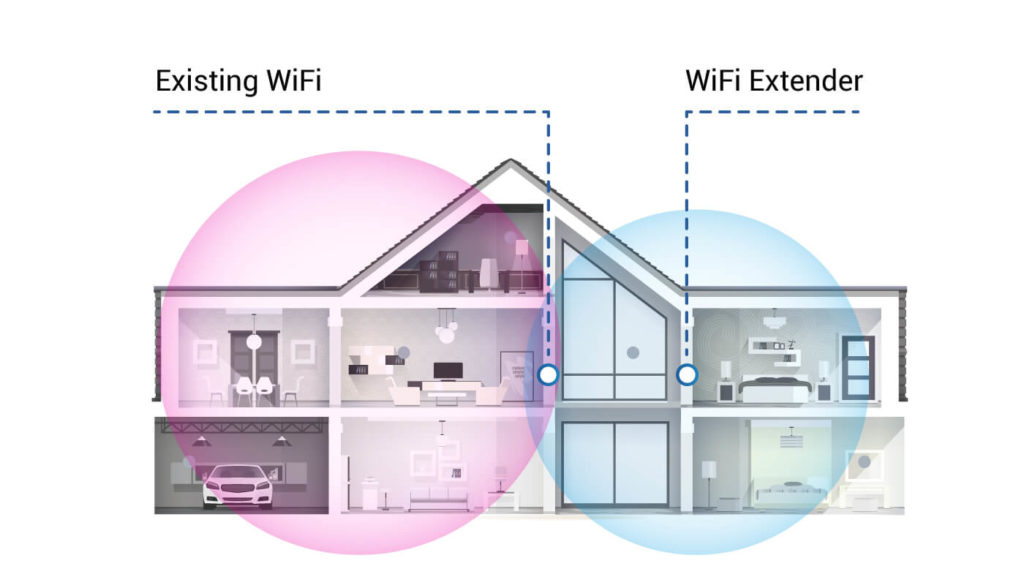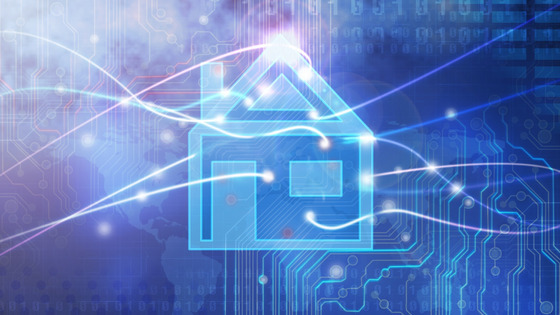Do you ever find yourself struggling to get a good WiFi signal in certain parts of your house? If so, you may need to invest in a WiFi extender. But what if your home is too large for a single WiFi extender to cover?
In that case, you may need to consider using Powerline adapters instead. In this guide, we will compare and contrast WiFi extenders vs Powerline adapters and help you decide which option is best for you.
WiFi extenders and powerline adapters are two different technologies that both help improve your Internet connection.
WiFi extenders work by boosting the signal from your router, while powerline adapters use the electrical wiring in your house to create a network.
What is a Wifi Extender?
A WiFi extender is a device that repeats the signal from your router and extends the coverage area of your home network.

A WiFi extender connects to your router wirelessly and then rebroadcasts the signal. This allows you to extend the range of your WiFi network to better cover your home.
What is a Powerline Adapter?
A Powerline adapter is a device that uses your home’s electrical wiring to extend the reach of your WiFi network.
A Powerline adapter plugs into an outlet and then connects to your router via an Ethernet cable. This allows you to use your home’s electrical wiring to extend the reach of your WiFi network.
WiFi Extender vs Powerline Adapter
So, which is best for you – a WiFi extender or a Powerline adapter? The answer depends on a few factors.
Now that we’ve gotten you up to speed on powerline adapters and WiFi extenders, let’s look at how well they perform. The objective of both devices is to provide a stronger signal so that a computer may connect to the Internet.
A WiFi extender can help to extend your WiFi signal, but there is a considerable loss in quality when you do so. The signal is sent from one location to another which might increase latency and lower the performance of your network and its overall speed. Walls, floors, and other electronic devices will also lower the quality of your WiFi signal.
Powerline adapters, on the other hand, simply transform network data from your router and send it directly to your PC via electrical wiring. Powerline adapters deliver far lower latency than WiFi extenders.
The speeds you’ll get using a powerline adapter are based on the quality of your home’s electric wiring. This means that a powerline adapter might not be the best solution for everyone.
You should also avoid using powerline adapters on different phases, fuse boxes, and ground fault circuit interrupters (GFCI).
For example in my home, my garden office is on a different fuse box to my router so a powerline adapter would not be suitable to extend my internet signal in this situation.
| WiFi Range Extender | Powerline Adapters | |
|---|---|---|
| Strengths | Flexible placement No need for Ethernet ports and cable Signals not influenced by the quality of electrical wiring | Plug and Play Ability to send signals stably through an electrical circuit No need for drilling or wiring Internet from any outlet Travels further without worrying about thick walls |
| Limitations | Signals influenced by thick walls and large obstructions | Signals influenced by the quality and distance of electrical wiring |
How to Install a Powerline Adapter
Some people assume that because Powerline adapters use electrical wiring it may involve some DIY or they will need to call in an Electrician, this couldn’t be further from the truth.
Powerline adapters are very easy to install.
Simply plug one adapter into an outlet near your router and connect it to your router with an Ethernet cable. Then, plug the other adapter into an outlet near your computer and connect it to your computer with an Ethernet cable.
The overall process may differ from brand to brand and may require you to Sync or pair the devices too. Some of the newer models will auto-detect each other, making the setup process even easier.
The wonderful thing about powerline adapters is that you may use several on the same network. This allows you to enjoy a high-quality internet connection in every room without having to worry about trailing Ethernet cables.
Can a powerline adapter be better than an Ethernet cable?
Even if your house has great electrical wiring, a powerline adapter can never be as dependable as an Ethernet connection.
While an Ethernet cable will always offer the best possible performance, a powerline adapter can be just as good in many situations.
Powerline adapters are particularly well-suited for use in homes with thick walls or where there is interference from other electronic devices.
In most situations, a powerline adaptor should theoretically be able to reach nearly or the same speeds as an Ethernet connection under ideal circumstances, although you may still encounter latency or connectivity issues. If you need a secure and reliable connection with zero interruptions, you should use an Ethernet cable.



